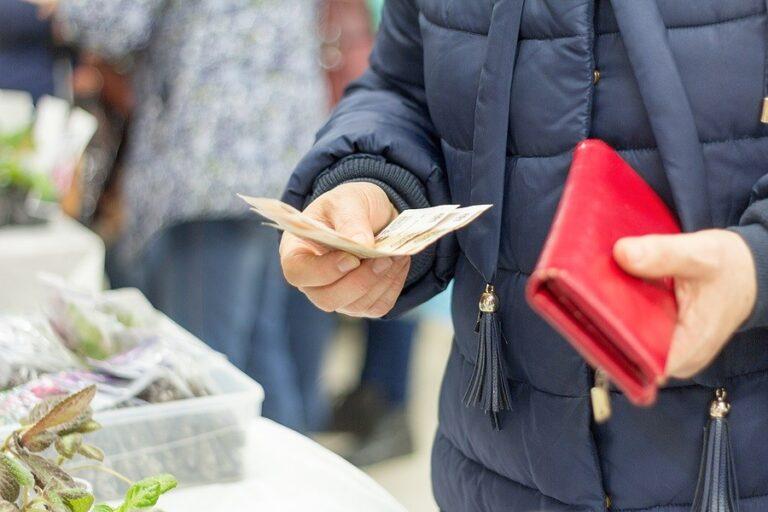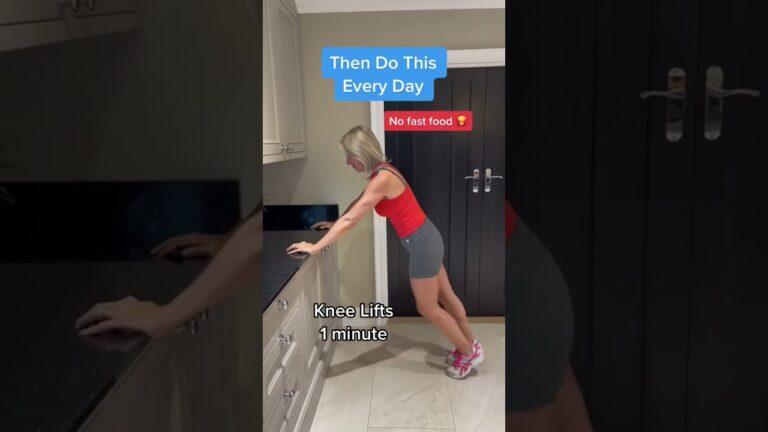Free sexually transmitted infection (STI) test kit vending machines have been introduced for the first time in regional Victoria, providing accessible and affordable sexual health services to regional Victorian communities.
Launched in Echuca today, the town will be the first to receive one of two custom-designed vending machines to provide free STI test kits, to test for chlamydia, gonorrhoea and HIV.
The vending machines will be moved across regional Victoria in a unique 12-month trial program initiative led by the University of Melbourne, Department of Rural Health, Centre for Excellence in Rural Sexual Health (CERSH).
Professor Jane Tomnay, CERSH Director, said the initiative will improve sexual health outcomes for regional communities, particularly LGBTIQ+ communities, younger people aged between 16-25-years-old and Indigenous Australians.
“The annual increase in sexually transmissible infections poses a significant public health concern – particularly for rural and regional Australians.” Professor Tomnay said.
Transportation constraints, cost implications, lengthy wait times, and confidentiality concerns have compounded the issue in rural and regional communities, underscoring the urgent need for innovative solutions in sexual health promotion, testing, and treatment.
“Innovative solutions for health promotion, testing, and treatment are urgently needed and this initiative aims to provide accessible options for sexual health testing in communities where mainstream services are lacking.” Professor Tomnay said.
While STI test vending machines are available in Brisbane, Adelaide and parts of the UK, Professor Tomnay said they represent a novel solution for regional and rural Victoria.
CERSH Senior Health Promotion Manager (Hume) and Project Lead, Dr Dave Evans, said: “These machines prioritise privacy, convenience, and accessibility for community members who face obstacles in accessing sexual health services.”
The STI test vending machines will be strategically placed in regional and rural locations across the Victorian regions of Loddon Mallee (Echuca, Swan Hill, and Mildura) and Hume (Shepparton and Wangaratta) over the 12-month period.
“The selection of these locations considered existing service provisioning, ease of machine maintenance and the availability of sexual health options within the community,” Dr Evans said.
Under the trial, it is anticipated that community members will find the STI test vending machines in semi- public venues, obtain a test kit within 60-90 seconds, and will complete the specimen collection in a private setting. Access to the STI test vending machines may be limited during the pilot phase.
Once completed, test kits will be posted to the Melbourne Sexual Health Centre for testing. Individuals requiring treatment will be contacted and will receive appropriate care in a safe and suitable location.
Dr Evans said confidentiality considerations for patients have been taken into account.
“The vending machines can be placed anywhere with electricity and mobile phone service, making them suitable for rural communities where access to general practitioners is limited or where long wait times for appointments are a common challenge,” Dr Evans said.
Insights gained from the two initial locations will inform subsequent strategies and placements for the remaining areas.
Further funding would allow the machines to be customised to cater to the specific needs of different communities, with interface screens and machine wraps designed to resonate with local communities.
(CERSH) is funded by the Victorian Government Department of Health.
This content was originally published here.



















